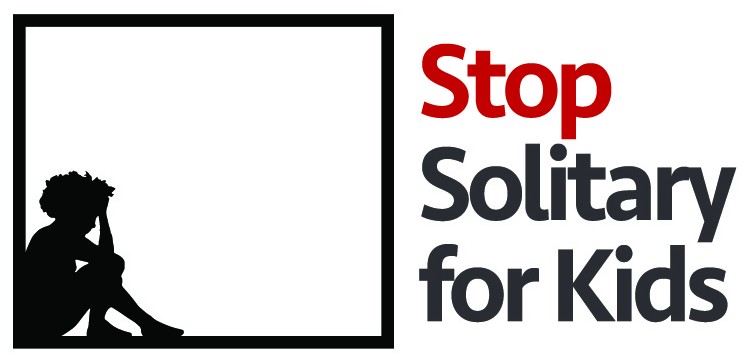NEBRASKA PASSES LAW TO LIMIT SOLITARY FOR KIDS - 2020
NEBRASKA PASSES BILL ON YOUTH SOLITARY - 2019
Nebraska passed legislation that limits the use of segregation for youth and other vulnerable populations, but leaving large loopholes wherein solitary can still be used. LB 686 prohibits anyone under 18 years old from being placed in restrictive housing. However, the law does not focus specifically on youth or solitary confinement, and broad exceptions: “In line with the least restrictive framework, an inmate who is a member of a vulnerable population may be assigned to immediate segregation to protect himself or herself, staff, other inmates, or inmates who are members of vulnerable populations pending classification.” The bill also requires annual reporting of data on the use of solitary to the Governor and legislature annually by September 15. The law goes into effect on March 1, 2020.
NEBRASKA INTRODUCES BILL TO LIMIT YOUTH SOLITARY -2018
On January 5, 2018, Nebraska Senator Pansing-Brooks introduced legislation that would limit the use of isolation in all juvenile facilities. LB 870 would prohibit isolation as punishment. Under the bill, isolation, if used, must end as soon as the youth no longer poses a substantial and immediate risk of harm. The bill includes a three hour time limit on isolation and requires that youth in room confinement to have equal access to educational programming and family contact. The bill did not pass in 2018.
NEBRASKA FACING FEDERAL LAWSUIT FOR SOLITARY & OTHER ABUSES (2017)
In August 2017, the ACLU of Nebraska, the ACLU National Prison Project, Nebraska Appleseed, the National Association of the Deaf, and several law firms sued the Nebraska Department of Corrections (NDOC), claiming that the NDOC subjects youth, adults, and those with disabilities to dangerous conditions. This includes putting children in extended isolation and five point restraints at the Nebraska Correctional Youth Facility (NCYF).
- Read the ACLU Press Release
- Read the Complaint in Sabata v. Nebraska
FIRST REPORT UNDER NEW LAW SHOWS SOLITARY STILL BEING USED (2017)
Nebraska LB 845 (2016) requires facilities to record and report data on the use of solitary. The first report from the Office Inspector General of Nebraska Child Welfare shows that isolation is still used at high rates.
NEBRASKA PASSES LAW REQUIRING DATA ON YOUTH SOLITARY (2016)
In January 2016, the ACLU of Nebraska’s report, “Growing Up Locked Down,” found that juveniles are kept in isolation for up to 90 days in some facilities, while other facilities don’t even know how often or how long juveniles are deprived of contact with other people. In response to the report, Nebraska passed legislation that went into effect on July 21, 2016. The law requires all facilities that house youth to gather and report detailed data on all instances of room confinement that exceed one hour. Facilities must submit quarterly reports to the Legislature and the Inspector General of Child Welfare must review this data and prepare annual reports to the legislature.
